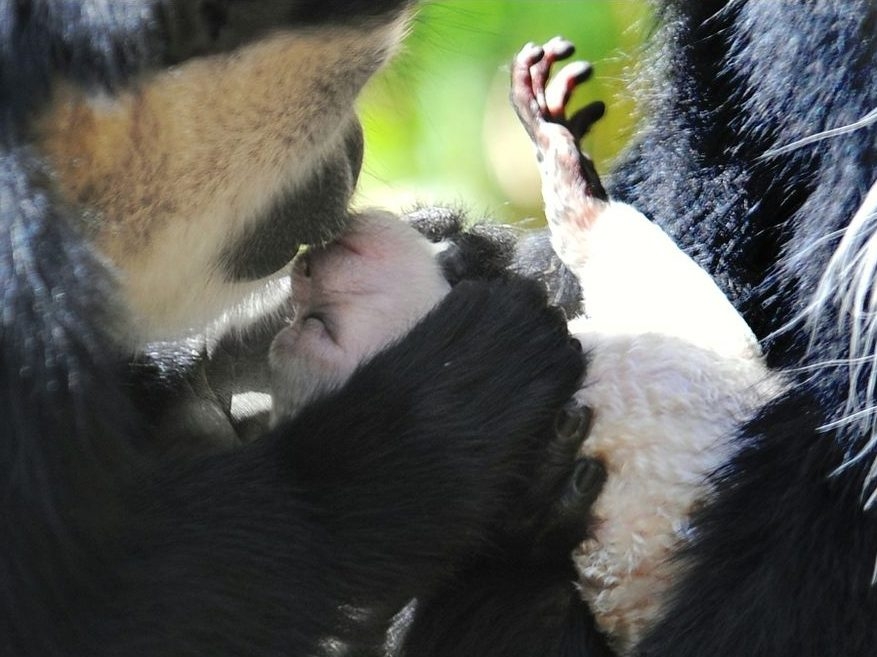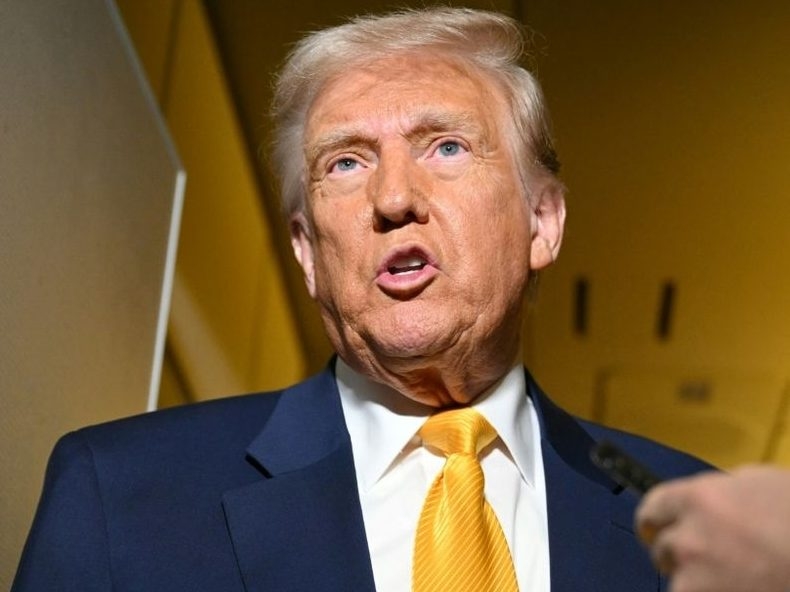The act of kissing, a seemingly simple human connection, may have roots stretching back an astonishing 21 million years. New research suggests our distant ape ancestors weren't just grooming each other – they were likely engaging in a behavior remarkably similar to the kisses we know today.
For scientists, kissing has always been an evolutionary enigma. It carries inherent risks, from the spread of illness to the lack of any immediately obvious benefit for survival or reproduction. Why would such a vulnerable act persist across millennia?
This groundbreaking study, published in “Evolution and Human Behaviour,” proposes a compelling answer. Kissing didn’t just *appear* – it evolved, slowly, over millions of years, potentially serving purposes we’re only beginning to understand.

Researchers at the University of Oxford took a uniquely broad view, defining kissing not as romantic gesture, but as “non-aggressive, mouth-to-mouth contact that did not involve food transfer.” This allowed them to examine the behavior across a vast evolutionary timeline.
The team meticulously mapped kissing as a “trait” across the primate family tree, analyzing observations of modern primates like chimpanzees, bonobos, and orangutans. By simulating different evolutionary scenarios, they traced the origins of this intimate behavior.
Their findings reveal that kissing isn’t a uniquely human phenomenon. It appears to have originated in primate ancestors between 17 and 21 million years ago, and remarkably, has been *retained* throughout the evolutionary process, persisting in most of the large ape species.
But the story doesn’t end with our primate cousins. Evidence suggests our extinct relatives, the Neanderthals, may have also shared a kiss. Previous research has uncovered shared oral microbes between humans and Neanderthals, hinting at saliva transfer – and a possible peck to ward off the ice age chill.
Co-author Matilda Brindle, an evolutionary biologist, emphasizes the significance of this work. “This is the first time anyone has taken a broad evolutionary lens to examine kissing,” she stated, adding that the findings contribute to a growing understanding of the diverse sexual behaviors within the primate world.
The research doesn’t definitively explain *why* kissing evolved, but it firmly establishes *when*. It paints a picture of a behavior deeply ingrained in our evolutionary history, a legacy passed down from our ape ancestors, and perhaps even shared with our Neanderthal neighbors.



